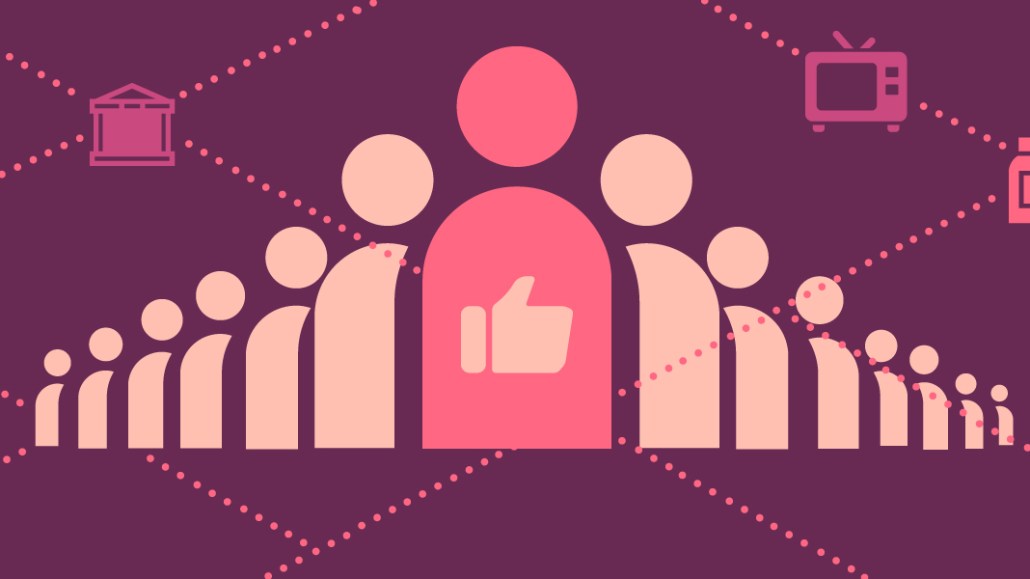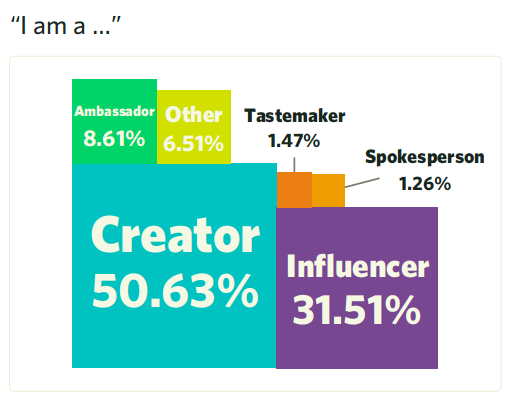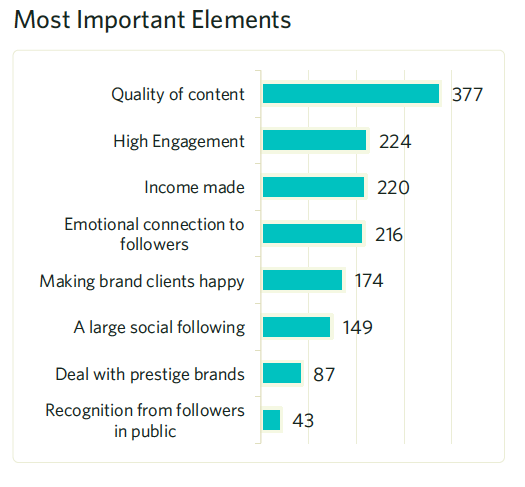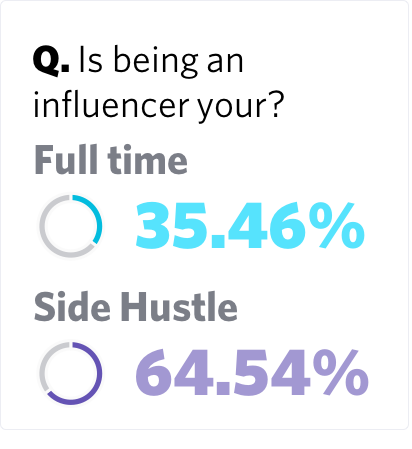Secure your place at the Digiday Media Buying Summit in Nashville, March 2-4
Influencers offline: A candid analysis from social media’s creators and distributors

By Bryn Caruso, vp of sales and customer success at Julius
Influencer marketing was undeniably one of the most popular topics of discussion at NYC’s Social Media Week. From early adopters to well-versed marketers, it was clear that the marketers having the most success with influencers also had the best working relationship with their creators and distributors. For example, they appreciated influencers as content creators and not just another media distribution channel. They looked beyond superficial commonalities and instead, sought value alignment between brand and influencer. They were open to collaboration and saw influencers as partners vs. vendors.
As both a passion project and need to scratch a curiosity itch, Julius, the influencer marketing company, and Lippe Taylor, PR, partnered together to survey over 450 professional influencers to learn how they define themselves and what they do. The surveyed influencers were a diverse group of individuals, representing categories such as lifestyle, fashion, art & music, parenting, beauty, fitness/sports, gaming, travel and more. All were based in the United States, with 80% of respondents identifying as female and 19% as male. (One respondent who runs an account for their pet chose “other” for gender; the dog was male, but his owner was female.)
Here’s a snapshot of some of our most notable survey insights.
Do influencers like the term “influencer”?

Just over 50 percent of those surveyed preferred the term “creator.” “Influencer” came in at a distant second, with about 32 percent favoring the title. Perhaps more interesting were the write-in titles, which included “advocate,” “creative professional,” and “blogger”—clear indications that the respondents, above all else, wished to be viewed as creating unique and professional content for their fanbases.
Other relevant findings from the survey make the term “creator” even more relevant. When asked about the most important element to their success, the influencers overwhelming selected “quality of content,” with “high engagement” and “emotional connection to followers” coming in second and third, respectively. Across the board, these individuals are passionate about the content they create.

When striking up a partnership with an influencer, it’s vital for brands to remember that influencers want to be seen as creators. Some of the most successful campaigns invite influencers to generate original content specifically intended for their audiences, instead of just posting prewritten copy. “With sponsored content, we have to go above and beyond with the content we create to show our audience that we’re really behind it,” said YouTube star Joslyn Davis at this month’s Social Media Week.
When did influencers first consider themselves influencers?
What moment defines when an influential friend actually becomes a noted influencer? Overall, the survey participants were split between two watershed moments: when an influencer receives their first brand sponsorship, and when the influencer crosses a certain threshold of followers.
To break it down further: 39 percent of parenting influencers considered themselves “official” influencers after crossing a threshold of followers, while 59 percent of fitness/sports influencers said that they took on influencer status after receiving their first brand sponsorship.
Some of the best write-in responses to the question included:
- “When I realized my readers were buying the products I recommended.”
- “When I got my first request to post sponsored content for a fee.”
- “When brands started reaching out to me vs. me reaching out to them.”
- “When someone called me an influencer.”

Sixty-five percent of all survey participants consider influencer marketing a side gig. However, the answers to this question were evenly split for parenting influencers, with 47 percent of respondents claiming influencer marketing as a full-time job. Other verticals, including beauty and art & music, had more side gig responses.
Want to learn more from the survey? Request an infographic of the results here.
More from Digiday

From feeds to streets: How mega influencer Haley Baylee is diversifying beyond platform algorithms
Kalil is partnering with LinkNYC to take her social media content into the real world and the streets of NYC.

‘A brand trip’: How the creator economy showed up at this year’s Super Bowl
Super Bowl 2026 had more on-the-ground brand activations and creator participation than ever, showcasing how it’s become a massive IRL moment for the creator economy.

Future of Marketing Briefing: AI’s branding problem is why marketers keep it off the label
The reputational downside is clearer than the branding upside, which makes discretion the safer strategy.





